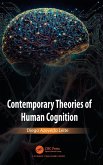
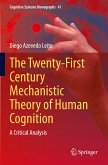
Broschiertes Buch
A Critical Analysis
1st edition 2021
2. Dezember 2021
Springer / Springer International Publishing / Springer, Berlin / Università degli Studi di Trento
978-3-030-63682-1
| Gebundenes Buch | 123,99 € | |
| eBook, PDF | 121,95 € |
Gebundenes Buch
A Critical Analysis
1st edition 2021
1. Dezember 2020
Springer / Springer International Publishing / Springer, Berlin / Università degli Studi di Trento
978-3-030-63679-1
eBook, PDF
30. November 2020
Springer International Publishing
Ähnliche Artikel
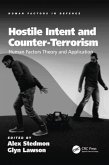
Gebundenes Buch
Human Factors Theory and Application
28. Dezember 2014
Taylor & Francis Ltd (Sales)
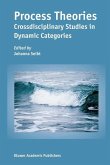
Broschiertes Buch
Crossdisciplinary Studies in Dynamic Categories
2003
31. Januar 2004
Springer / Springer Netherlands
978-1-4020-1751-3
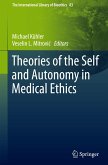
Gebundenes Buch
1st edition 2020
30. September 2020
Springer / Springer International Publishing / Springer, Berlin
978-3-030-56702-6
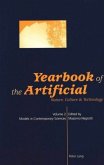
Broschiertes Buch
Nature, Culture & Technology- Models in Contemporary Sciences
Neuausg.
2004
Peter Lang
10124
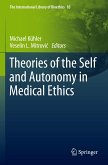
Broschiertes Buch
1st edition 2020
1. Oktober 2021
Springer / Springer International Publishing / Springer, Berlin
978-3-030-56705-7
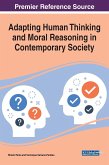
Gebundenes Buch
7. Oktober 2019
Information Science Reference

Gebundenes Buch
Carl Jung, the Enneagram, and Contemplative Wisdom Traditions
1. August 2024
Taylor & Francis Ltd

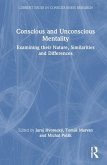
Gebundenes Buch
Examining their Nature, Similarities, and Differences
23. November 2023
Taylor & Francis Ltd
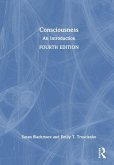
Ähnlichkeitssuche: Fact®Finder von OMIKRON
